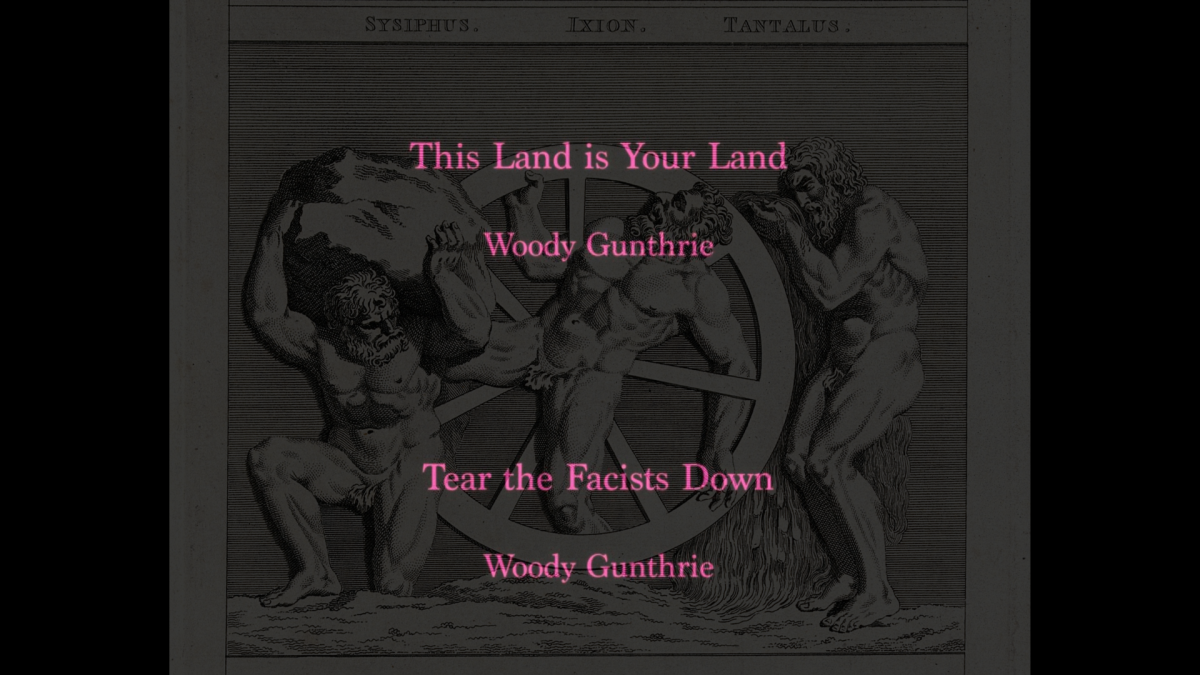The stories that shape understandings of our world, material and intangible, are procured in fields like mathematics, jazz, literature, theater, history, film, choreography and small talk to describe its universal implications.
With the glitz, glam and advent of an industrialized world comes new treasures such as reels, indoor plumbing and propaganda. But maybe these forms are archaic and ancient — a symptom of the human animals cyclical interactions — has this always been the way it is?
This begs the question: Why reinvent the wheel? Because it’s fun and we just got sparkles to bedazzle the wheel — also, our literacy in upcycled archetypes is pertinent to reading culture and acting politically.
The content we create around these shared understandings can be described colloquially as media in this observation. Our literacy however is not so inherent and instead a stream susceptible to pollution. Understanding the context around events, fiction and reality might offer tips and tricks in how humanity might fashion itself in these situations and possible outcomes and implications.
Do you remember the “Roman Empire” fall? Fascinations with historical events span generations and gender, but what was that blip about men’s fascination with the fall of the Roman Empire?
The vignettes of the world we see many men fascinate over tend to be tales of conquering and conquests — similar to their dreams, like going to Mars, named after the Roman god of war, and its reddish color reminiscent of blood.
Tom Holland, co-host of the “Rest is History” podcast, discusses the terrifying, exotic and safely extinct nature of the Roman Empire, one with “genocidal figures” of the past. For example, the Gallic Wars with a reported one million slaughtered and another million enslaved, safely 2,000 years away. Opposed to methods and figures from less distant tyrannical, genocidal and socially condemned powers and oligarchs.
This illusion and rewriting of narrative and spectacle transfers into our literacy in cultural language and, in turn, regards our political climate of pseudo-cultural wars overshadowing governmental corruption including defunding and misinformation. The stories that are so tempting to tell are of demonization of a foreign “other,” a narrative device in our hyper-individualized, algorithmic accommodating citizens.
Our literacy in history that sees patterns and behaviors as cyclical and connected could point us to our “new” wheel and how to dismantle the machine running on it. The heil-exhibiting Elon Musk begins to tell a story of embedded discrimination and interest in policies furthering white supremacy governmentally and individually.
Our reconstruction of historical events muddles humanities interests across generations. The shape of information affects us, spanning fables and social fabric hand-me-downs that warn against greed, pride, bigotry and encourage empathy, grace, social cohesion and equality.
Upcycled archetypes permeate our cultures; see Narcissus who was obsessed with his reflection that he drowned to death emulated in stories like Moby Dick, warning against a desire for purpose led by vanity, ego and unbridled power, similar to the characters in office today.
Coraline reflects ideas of magic in mundanity and the role of parents instructing moderation and rationality, not as enablers and pleasure machines like we’ve seen many times before in literature and cinema. In this way we might see the erosion of family structures and absent fathers as the current symptom of billionaire-buddies and the behavior of supplementing structured care for bought attention.
Even so, our creators’ biases are pervasive even so as the case with Coraline and many large productions with unethical behaviors and relationships.
When we neglect that stories have impacts and correlation we might lose our goals, our motives, and perhaps a little of our humanity. We hand over the reigns of our autonomy in our stories to child-like adults who’d rather burn our books.
When we stray from origins in communal efforts and interests we begin morphing into mechanistic monoliths consuming narratives from flawed patrons of greed and power.








